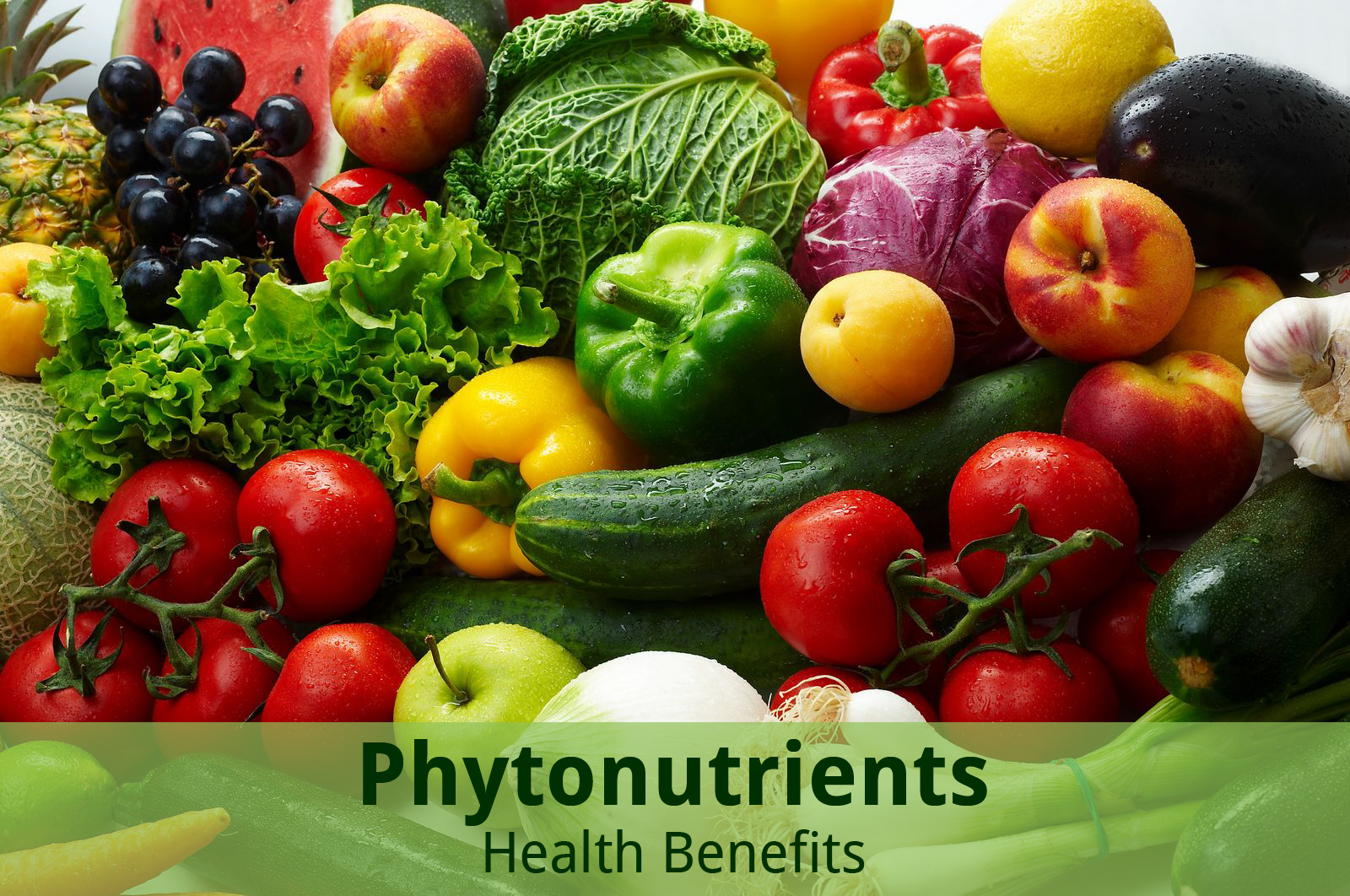Phytonutrients are one of the foundations of phytotherapy: plant-source compounds which offer significant nutritional and/or therapeutic benefits for human health. Scientists have so far identified several hundred different phytonutrients. Featuring prominently among this vast family are the famous polyphenols and carotenoids. Indeed, it is these natural active principles which are responsible for the benefits of a wide variety of herbal supplements such as medicinal plants, super-berries and super-foods. In particular, they have been isolated in several plants used in traditional Asian medicine.
Phytonutrients have been the subject of extensive investigation and are thus well-known to the scientific community. Studies show herbal supplements are able to fight a large number of aggressors, and at various levels in the body. Now available as nutritional supplements, phytonutrients constitute powerful allies for maintaining a healthy body!
Health benefits of phytonutrients
It would be almost impossible to cover all the benefits of phytonutrients given the vast size of this family of active principles. Each molecule may have different properties and offer different benefits within the body. We can, however, focus on their key virtues.
- Antioxidant potency
If we had to restrict ourselves to just one benefit of phytonutrients, it would be without doubt their natural antioxidant power. They combat the accumulation of highly-reactive oxygen species in the body which can cause significant damage to cells. This is what scientists refer to as oxidative stress. Countless studies have shown that phytonutrients fight this process effectively through their antioxidant activity, and as a result, help prevent the development of numerous health problems.
- Anti-ageing effects
As mentioned, oxidative stress can cause significant damage to the body. It is particularly associated with promoting premature ageing of cells. With their natural antioxidant power, phytonutrients are able to counteract this mechanism and thus combat various effects of ageing. Indeed, it is precisely in order to harness this anti-ageing effect that certain phytonutrients are today incorporated into cosmetic and nutricosmetic products.
- Anti-inflammatory activity
Alongside their antioxidant power, several phytonutrients are able to combat inflammatory reactions in the body. Piperine, extracted from black pepper, is one such anti-inflammatory phytonutrient. Studies have demonstrated its efficacy for reducing intestinal inflammation in particular. Combined with other mechanisms, this anti-inflammatory action makes piperine a valuable aid to digestive health as it facilitates digestion and intestinal transport. It’s also worth noting that this natural active principle encourages nutrient absorption in the gut, which explains why piperine supplements are often recommended as an adjunct to a course of vitamins, minerals or phytonutrients.
- Multiple protective effects
Phytonutrients offer considerable protective potential. Studies suggest there may be almost one phytonutrient for every disorder:
- Cardio-protective potential against certain cardiovascular diseases, particularly those related to inflammation;
- Hypotensive effect for controlling blood pressure;
- Neuroprotective potential for combatting degeneration of brain cells;
- Infection-fighting activity against numerous pathogens;
- Anti-histamine effect against allergic reactions, particularly allergic rhinitis;
- Potential anti-cancer action suggested by certain studies with further results awaited;
- Immune-modulating effect for regulating immune system responses;
Where are phytonutrients found?
Phytonutrients are found in a great many plant species, and in some everyday foods, although the active principle content of such foods can be so low as to require consumption of huge quantities! In addition, certain phytonutrients are found in the inedible parts of plants such as the bark and roots. To benefit fully from the positive effects of phytonutrients, they can now be found in the form of:
- powders to be used sparingly in cooking;
- essential oils to be used with extreme caution as they are highly-concentrated and can pose risks to health;
- cosmetics including topical anti-ageing creams;
capsules such as the product Apple Polyphenols for quick and easy supplementation.
References:
https://en.wikipedia.org/wiki/Phytochemical
https://www.sciencedirect.com/science/article/pii/B9780123918826000078
https://www.fruitsandveggiesmorematters.org/what-are-phytochemicals
http://www.aicr.org/reduce-your-cancer-risk/diet/elements_phytochemicals.html


